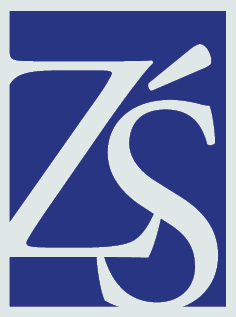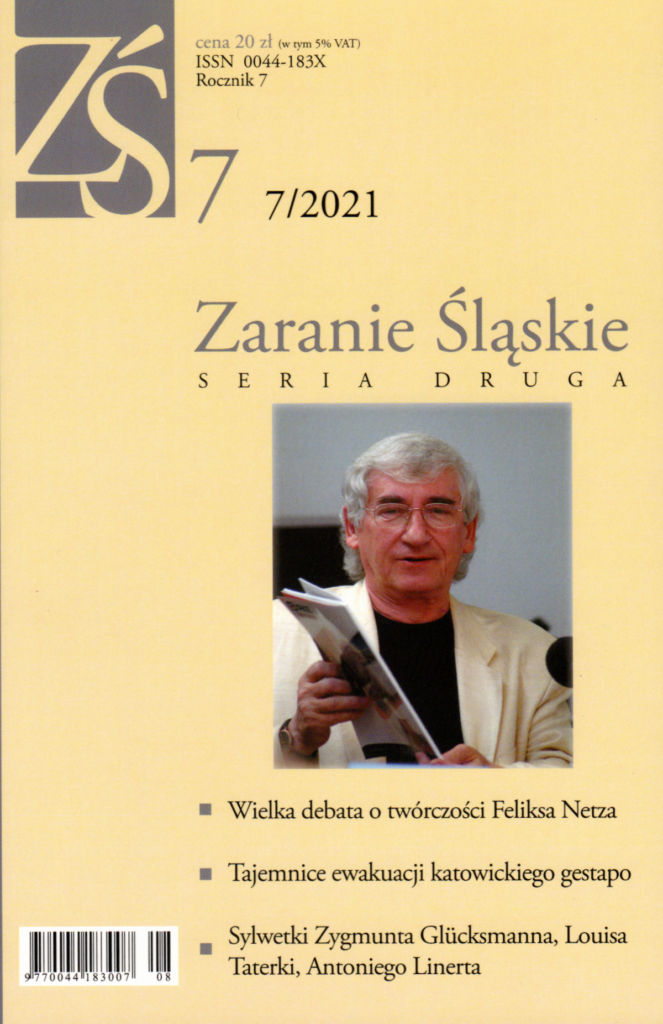From the history of Jewish trade in Bytom. Theenterprise of Louis Taterka (1872-1942) in light ofreports of W. Schimmelpfeng’s office
Abstract
Importance of trade in enhancing development of cities is doubtless. It must be
underlined, that Jewish trade and craft had a significant input in this process. Apart
from contribution to economic development, the Jews were remarkably enriching
local culture. Silesia is certainly no exception within this area and consequently Bytom,
one of the oldest cities of the region.
The Jews had settled in Bytom already in the Middle Ages. However, not before eighteen century were they the most successful. This was a period of significant city develop-
ment, clearly boosted with exploration of zinc and coal ores, and was accompanied with emergence of local Jewish industrial bourgeoisie and affluent Jewish middle class.
A remarkable representative of the latter group was Louis Taterka, born in year 1872.
Until now Louis Taterka has been almost utterly forgotten. The only tangible evidence of his activity is, preserved till today, porcelain signed with a trade mark of his whole-
saler. Information about his business from the years 1895-1936 has been gathered in resources of State Archives in Wroclaw, branch office in Kamieniec Ząbkowicki in
papers of W. Schimmelpfeng’s Information Bureau. The documents which survived
and were analyzed in the article shed some light on start of Taterka’s enterprise and
reason for its decline, namely taking power by National Socialists in Germany.
Downloads
Published
Issue
Section
License

This work is licensed under a Creative Commons Attribution-NonCommercial-NoDerivatives 4.0 International License.
Since transitioning to a digital format, the journal has been operating under open access, meaning all content is freely available to users and institutions.
In issue 8 (2022), published articles are licensed under the Attribution 4.0 International (CC BY 4.0) license.
The full license text is available at: https://creativecommons.org/licenses/by/4.0/legalcode.
Since issue 9 (2023), published articles are licensed under the Attribution-NonCommercial-NoDerivatives 4.0 International (CC BY-NC-ND 4.0) license.
The full license text is available at: https://creativecommons.org/licenses/by-nc-nd/4.0/legalcode.pl.



